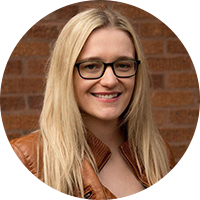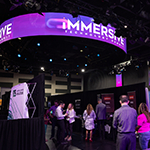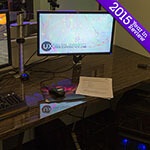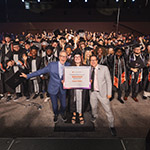Full Sail Stories
Published Jul 06, 2022
Faculty Spotlight: Dr. Rebecca Leis
Dr. Rebecca Leis’s years of research in human-computer interaction and psychology help her prepare Full Sail technology students for professional success.
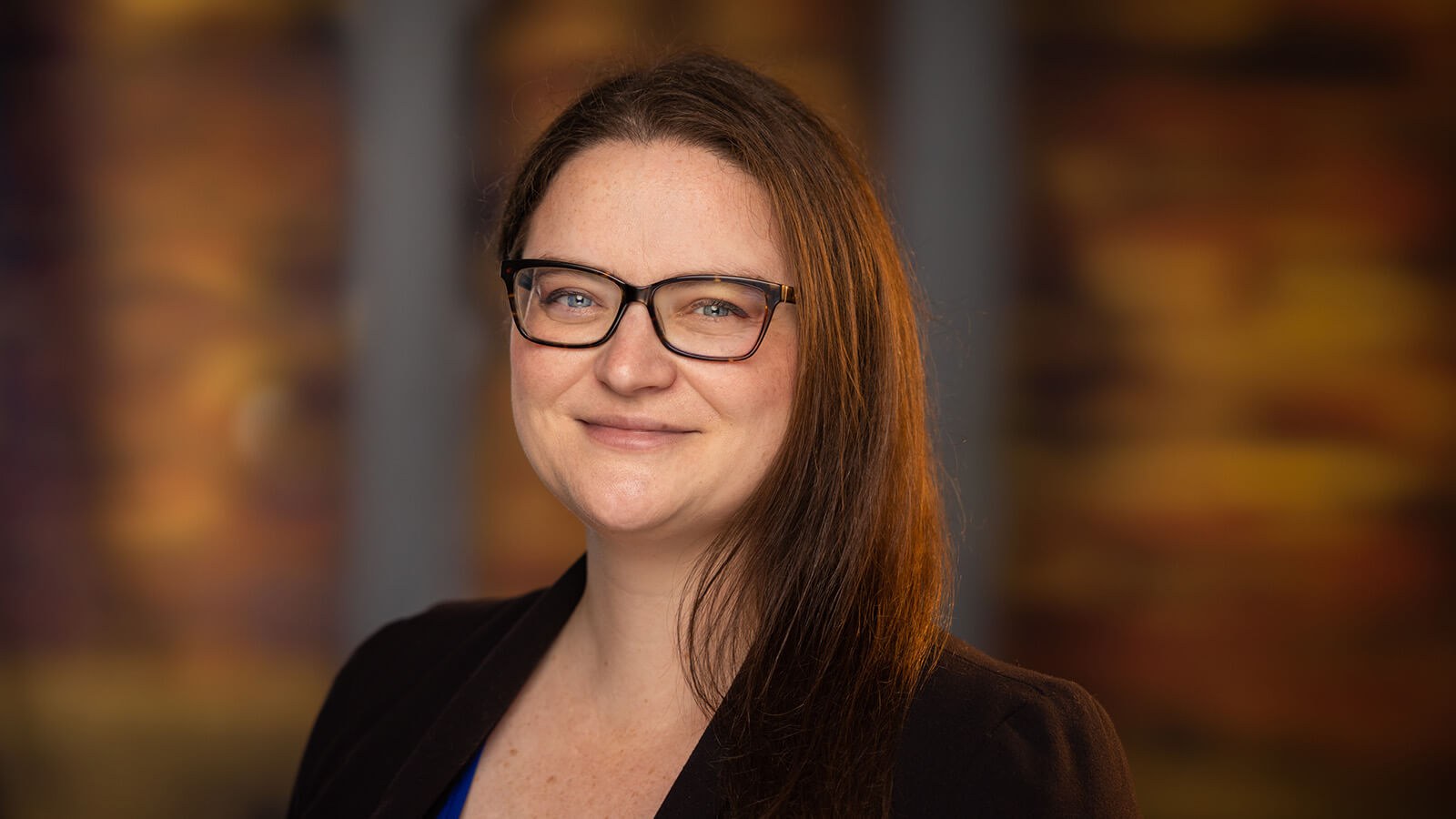
To the untrained eye, the tech industry seems like it's all about numbers. But to create the next generation of tech solutions, you've got to keep user psychology in mind. Luckily, Dr. Rebecca Leis — who is the Program Director for Full Sail's Computer Science bachelor’s, Computer Science bachelor’s completion program with a Mobile Development concentration, User Experience bachelor’s, Computer Science master's, and graduate certificate programs in Artificial Intelligence, Data Science, and Human-Computer Interaction — is skilled at both. Rebecca brings years of academic research in software development, psychology, and human-computer interaction to the programs she oversees, helping students gain comprehensive training that prepares them to work in the technology sector.
As a program director, Dr. Leis makes sure that the programs under her watch are teaching industry-standard skills and serving students in the best way possible. Her education looks like a roadmap leading to those programs. She kicked off her post-secondary education with a bachelor's degree in Psychology from the University of Central Florida with a focus on human-computer interaction; she explored relationships between people and technology.
Rebecca went on to earn a master's and a PhD in Modeling and Simulation from UCF. The original research she participated in during her master's degree gave her not only a strong foundation in computer programming and simulation technology but also an acute understanding of the human mind.
"There is a lab at the [UCF Institute for Simulation and Training] that I worked at that focused a lot on physiological responses," says Rebecca. "[We used] things like EEG caps and medical equipment to monitor your electrical signals. That was one of the things that was inspiring to me was understanding the human brain and how it works on a biological level when you're interacting with different technologies," she says.
That graduate-level work in UCF's lab directly relates to Full Sail's User Experience classes, including Physiology of Sensation and Psychology of Perception. "Those two [classes] are specifically about topics like, how does the human body and the way that we intake information and process information affect the way that we interact with technology," Rebecca says.
Rebecca was also on several research projects during her master's program that explored how people could use technology to become safer, more efficient workers in high-risk jobs at oil rigs or nuclear power plants. However, the research she helped conduct for UCF's Space, Science, and Spirituality Project examined how technology could affect people's ideas about themselves and the world.
"It was a simulated space flight; you were coming from the Earth and you would kind of orbit around the Earth after you got outside of the atmosphere. And then we would monitor how you felt during that because many astronauts explain that they have these spiritual experiences once they get out into space. Seeing that is awe-inspiring to many people. So we were trying to explore that, the feeling of awe and wonder," Rebecca says.
Rebecca's doctoral degree in Modeling and Simulation took her background in human cognition and machine intelligence even further. She used natural language processing (a branch of artificial intelligence that helps computers collect, categorize, understand, and generate human speech) to scan written content about the modeling and simulation industry. Her research looked at higher education course descriptions in open journal articles, as well as modeling and simulation job postings, to determine which skills were being taught at the collegiate level and how those skills translated to the needs of the tech job market. The results helped her plan Full Sail's User Experience and Computer Science master's programs.
Tech-minded students need to keep their own passions in mind if they're choosing between one of the programs that Rebecca supervises. According to her, a successful UX student will have a fascination with the intersection of graphic design, research, and the human factors that drive technology. Students under the Computer Science umbrella should love programming.
"Knowing beforehand that you like to program, problem solve, or like that type of very detailed task where you have to focus really hard for hours, is important… It's one of those things where it doesn't work, it doesn't work, then it finally works. So [a successful student will] one, know that you like programming. Two, not be afraid of failure. And three is just having a love for lifelong learning," she says.
Whether students are learning software development skills in Full Sail's Computer Science bachelor's and master's degrees, tackling app development by studying mobile development, delving into human-centered tech designs in the User Experience program, or taking on a graduate certificate program, they can rest assured that their education is overseen by an industry pro.
